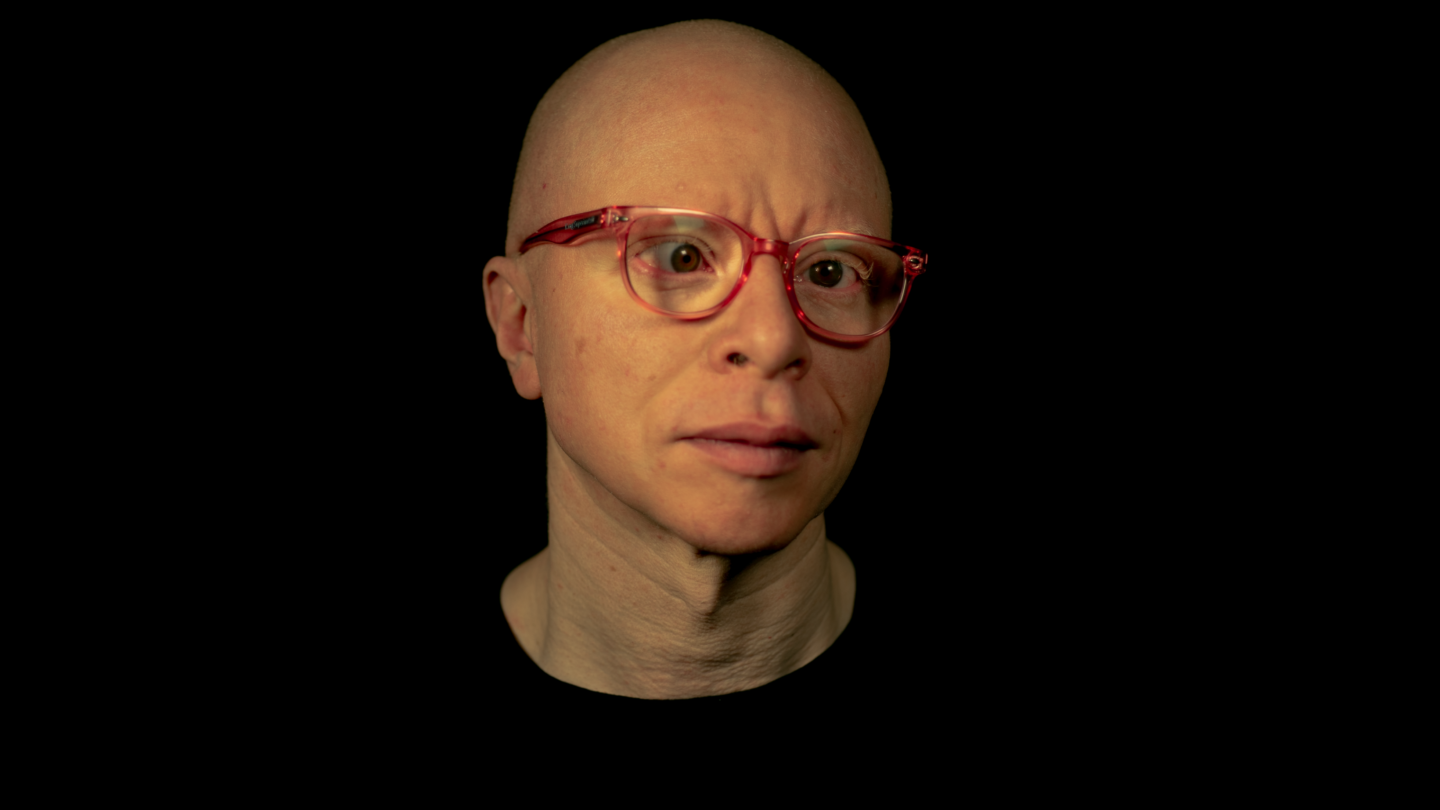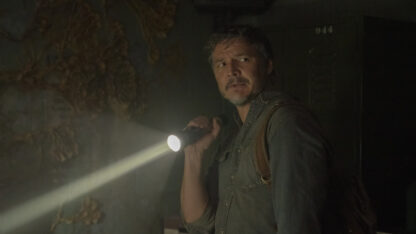You immediately get the tone of Victor Varnado‘s “Anti-Racism Activity Book” on page one. He writes, “Dedicated in loving memory to all the racists that won’t exist after reading this book – or perhaps you believe racism already doesn’t exist, in which case this might be a great book for you.”
Varnado is among the few Black New Yorker cartoonists, and his work has appeared in Mad Magazine, Marvel Comics and Salon.
The artist and stand-up comedian joined “City Lights” host Lois Reitzes via Zoom to share more on his handy exercises for fighting racism every day.
Interview highlights:
Making astute points to deconstruct racism with humor:
“I’m trying to present things in the book about racism in such a way where I think that most people will agree with the points that I’m trying to make,” said Vernado. “For instance, there’s a page in the book, which is mostly blank, except at the top of the page, it says, ‘This page is reserved for every white person who needs to say the ‘N-word.’ And then, at the bottom of the page, I put, ‘If you disagree, feel free to draw yourself in.’ So I feel like most people can understand that page could stay blank, and it wouldn’t be a problem.”
“‘Weapon Hunt’ was one of those where I was like, ‘I wonder what things have been mistaken for guns in the hands of Black people,’ and through my research, I found that the number of things that have been mistaken for guns is quite shocking,” Vernado recalled. “A bible. A piece of pizza. A human hand – like, their own hand… It surprised me, researching the book because when I started the book, I came with the idea that I would like to make a book that is funny enough so that it makes it easy for people to talk about racism… I was surprised to find a lot of facts that I did not know were true. Especially, I didn’t know that ‘Lift Every Voice and Sing,’ the Black National Anthem, was originally sung to Abraham Lincoln as a birthday song.”
Visual demonstrations that disarm readers with stark truths:
“There’s a cartoon in the book where you have a Black man looking over his shoulder, and it’s saying, ‘Connect the dots to draw the target on Eric’s back,’ because there’s a target on his back as a Black man. It’s no surprise to people at this point that there are cases where people, and men especially, have been in jeopardy because of the way that society is set up. And a lot of people, I think, have the idea that societal racism or institutional racism, they say, doesn’t exist.”
Varnado continued, “But from a Black person’s point of view, there are many men who are Black who have been singled out by the police in the fashion that people of other races, or particularly white races, have not been singled out, and it’s just something that exists. And I’m not trying to accuse anybody of anything, but I’m just saying it’s a way of life of Black men, especially growing up, that they have to understand that they must be aware or it’s dangerous for them.”
Where Varnado’s cartooning and standup skills interconnect:
“There is a skill which you hone as a cartoonist that is very useful in standup comedy, and that skill is communicating a very specific message with very little and/or limited information, because a cartoon, a gag cartoon especially, is like one image and one usually one line of text, and it should say volumes. And bringing that skill over into standup comedy is a great thing – coming up with the exact line or expression or way of expressing yourself that will really drive a message home with the audience. I was a standup comedian before I was a cartoonist, but when I started cartooning, it made me a better comedian.”
Victor Varnado’s “Anti-Racism Activity Book” is out now and available here.









